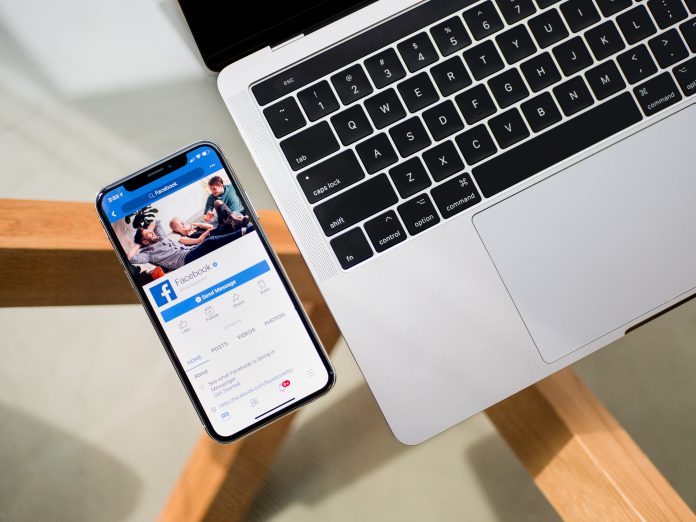Facebook users might soon be able to pay other users through the app as the social media giant has begun testing Venmo-like QR codes to facilitate peer-to-peer payments.
First spotted by MacRumors, the new Facebook QR code, similar to Venmo’s QR codes, will allow a user to scan a friend’s code using their smartphone’s camera to send or request money.
Users will spot a new ‘Scan’ button in the Facebook Pay carousel at the top of the screen. On tapping this button and being redirected to a UX, users can then scan the other person’s code. The feature will also introduce a personalised payment URL which can also be sent to others when making a payment or sending a request.
A Facebook spokesperson confirmed the feature’s launch adding that it was just a test. The spokesperson said, “To make payments on Messenger even easier, we’ve begun testing the ability for people to use QR codes and payment links when they want to send or request money.”
The only requirements to use this new feature is being over 18 years of age and having a Visa or Mastercard debit card, a PayPal account, or one of the supported prepaid cards or government-issued cards.
This is not the first time the firm is foraying into the payment market. Facebook first launched its Facebook Pay service in November 2019 to carry out a single payment system that can be extended to all business applications.
Currently, Facebook Pay is driving the payment experience in a number of areas in Facebook including Facebook Marketplace, Facebook Shop, Buy on Instagram among others which support a wide array of activities like buying stars to support game creators, buying live events tickets and donating to charitable causes. Users can also send money to friends on Messenger through a built-in button.
However, the firm is facing major privacy issues after the personal data of over 500 million Facebook users was leaked online in a low-level hacking forum.
The data included phone numbers, full names, location, email address and biographical information which potentially could be used by hackers to commit identity fraud.
Copyright © 2021 FinTech Global











